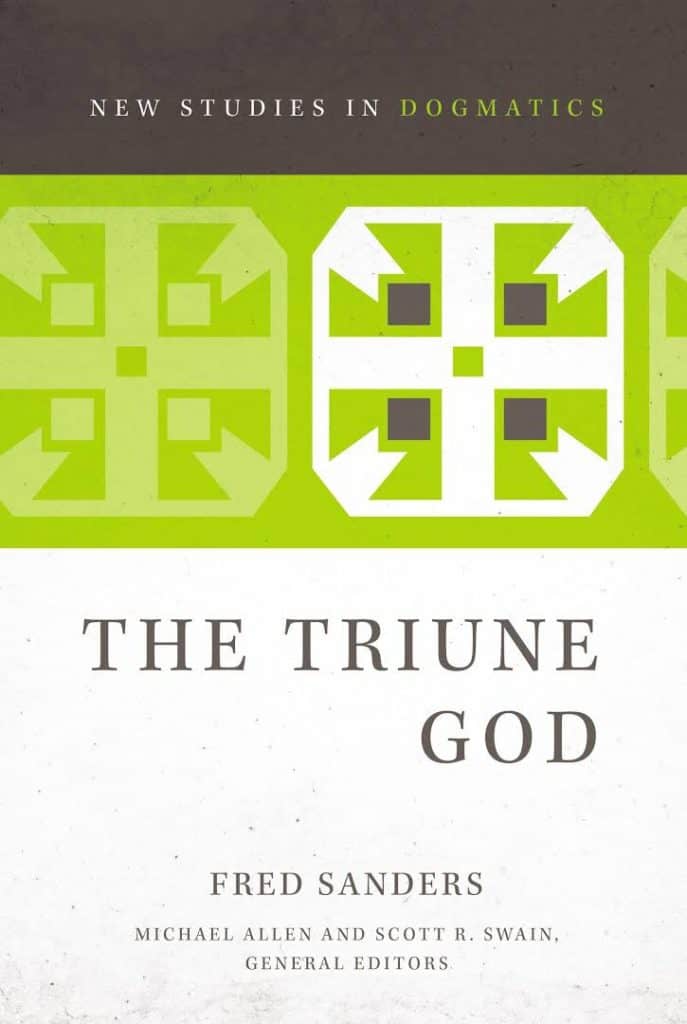⏱️ Estimated Reading Time: 3 min read
Let’s face it: the Trinity is without a doubt the most important, complex, and debated doctrine in all of Christian thought. For thousands of years, Christians have been attempting to define the Trinity, and nothing is new under the sun. Even today, despite all of the exegesis and the systematic and historical theology textbooks we have access to, questions still remain, persuasions still divide. We cannot exhaust our study of the Trinity, nor should we want to. Yes, it can be taxing, but it is the stuff on which worship is founded. Says Fred Sanders, “All theology ought to be doxology, but Trinitarian theology, in particular, is essentially a matter of praising God” (25).
For this reason, alone, I knew Sanders’ newest work on the Trinity would be an important contribution. Sanders is one of the foremost scholars on Trinitarian studies, and with a host of other works already addressing the matter, some may wonder what this newest volume has to offer additionally. What I am finding as I read through the various works of Sanders is that in each volume I am always learning something new about my confession of God eternally existing in one essence as three distinct persons. And the same goes for The Triune God. Here we have accessible, rich, relevant scholarship from one of the most balanced and learned voices in his field.
Chapter 9 is worth the price of the book if one is willing to gather a systematic and creedal understanding of the Trinity. It is also the shortest chapter, as it summarizes 11 key statements, most of them unpacked at large within the book. Of course, it’s important to read The Triune God in its entirety, as it skillfully walks the reader through the minefield in hopes of helping him arrive at the other end unscathed and grateful.
Key Quotes From the Book
Here are some key quotes from the book:
“The root idea of revelation is not verbal announcement but the unveiling or disclosing of something that has been present, though concealed. In order to inform us that the Father has a Son and a Holy Spirit, the Father sent the Son and the Holy Spirit in person. The triunity of God was revealed when the persons of the Trinity became present among us in a new way, showing up in person and becoming the object of our human observation.” (40)
“The missions of the Son and the Holy Spirit are irreducibly verbal, though not exclusively verbal…Keeping divine words linked to divine acts is what enables us to understand the acts correctly and to use the words correctly” (70, 129)
“What is required for doctrinal interpretation of the Old Testament is a hermeneutical framework that acknowledges the complex structure of the revelation, and approach to reading the documents that precede and follow the revelation. The key hermeneutical category for this kind of interpretation is rereading.” (215)
There are many, many more underlines I made in between these pages. I’ll leave it up to you to mine the rest of those important nuggets for yourself. Thanks again to Fred Sanders for writing a very important, clear, and robust work on the Trinity that drove me to worship.




